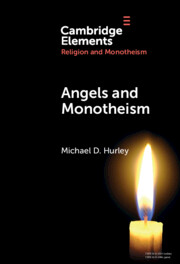The development of Thomas’s teaching on Christ’s headship relies upon the principle of the causality of the maximum: ‘the maximum in a genus is the universal cause in that genus’. This principle appears in the fourth way to demonstrate God’s existence. Applied to the humanity of Christ, Thomas argues that Christ, on account of his perfect fullness of grace, is, according to his humanity, the universal source of grace for all the members of the Church, including the angels. How does this cohere with Thomas’s teaching elsewhere in the Summa theologiae that it is only as Word that Christ causes grace in the angels? In this paper, I explore this tension and offer a way of understanding Thomas’s broader approach to the mystery of Christ.
